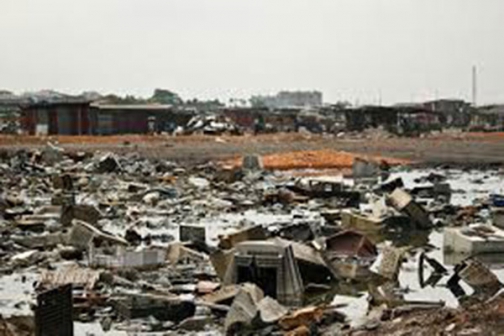
Waste is Africa’s big elephant in the room. It is the eyesore that we often gloss over. Nevertheless, waste shouldn’t be an eyesore and we shouldn’t sweep it under the rug.
Trash is literary treasure. A Kenya Private Sector Alliance Association (KEPSA) official powerfully drove this point home in a presentation that he recently made during a National Environment Management Authority (NEMA)-organised gala dinner on enhanced solid waste in Kenya. The occasion was also used to launch the country’s scorecard on waste management.